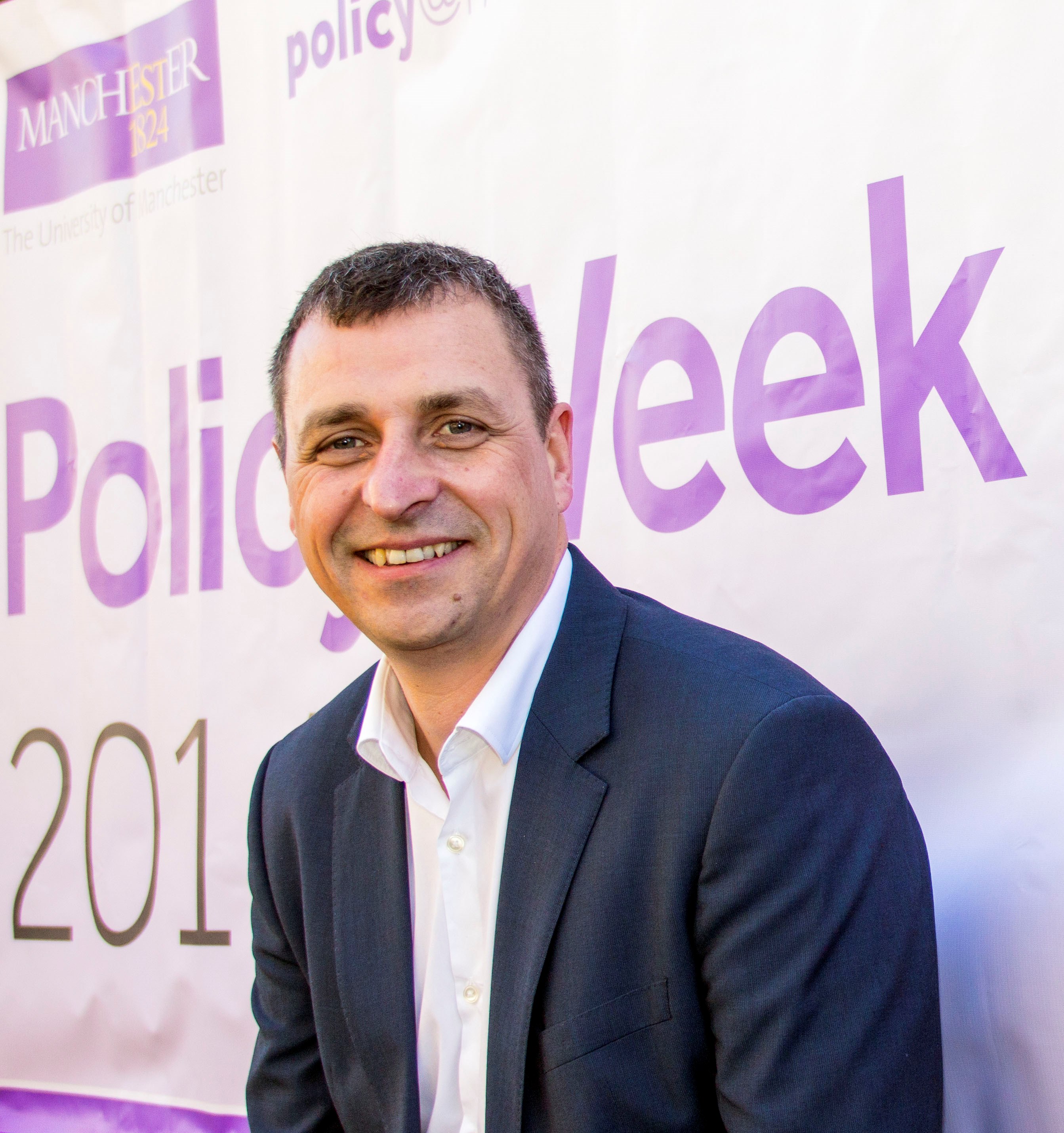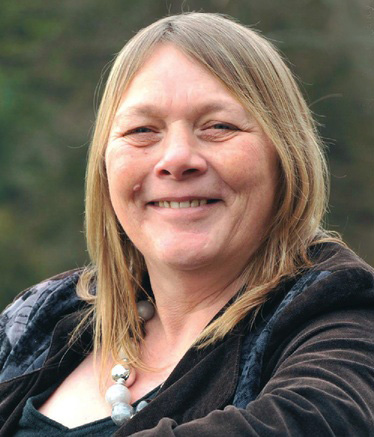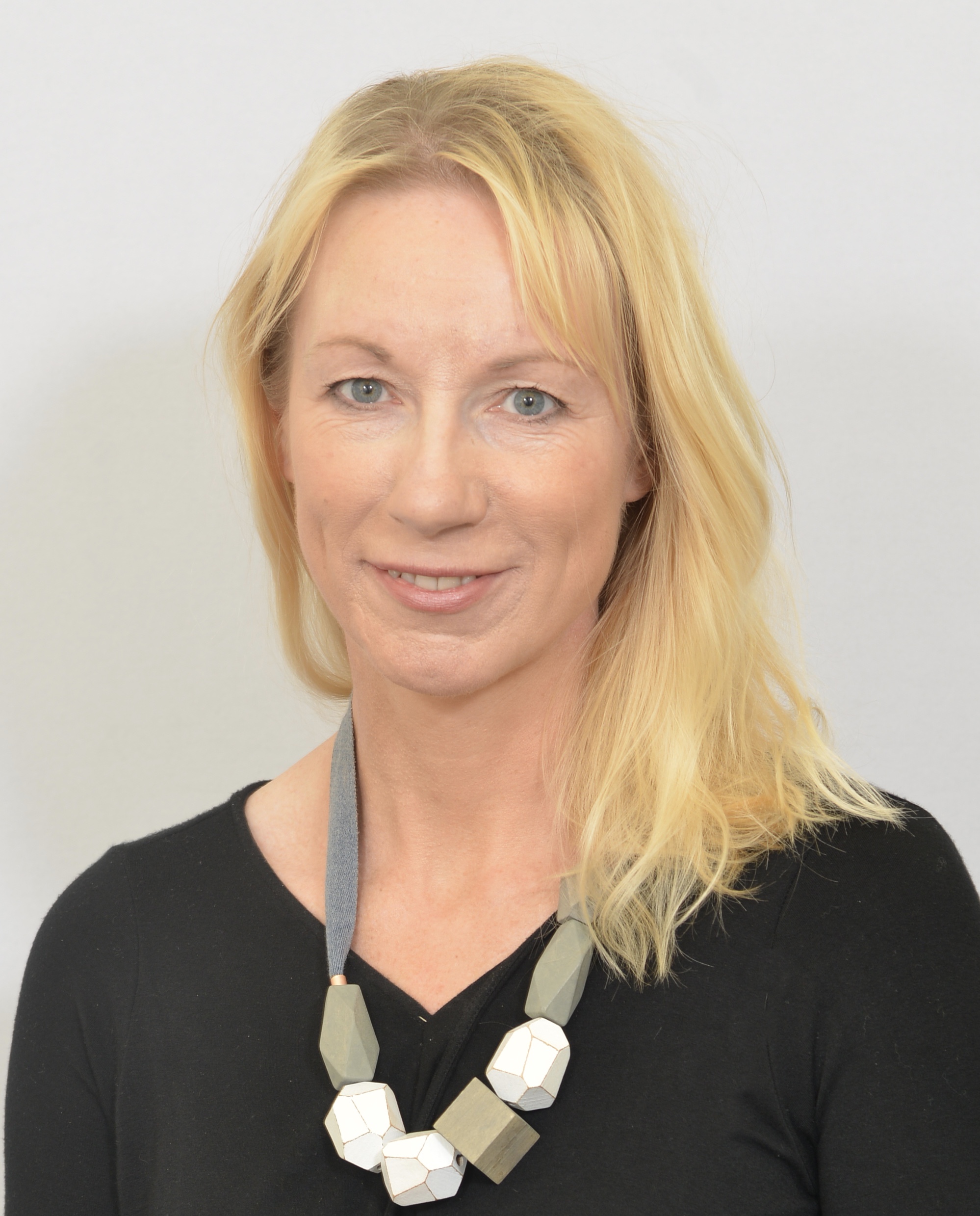The NIHR Applied Research Collaboration Greater Manchester (ARC-GM) supports applied health and care research that responds to, and meets, the needs of local populations and local health and care systems.
We are one of 15 ARCs across England, part of an initial £135 million investment over five years by the NIHR to improve the health and care of patients and the public. This five-year investment has been extended by 18 months until 31 March 2026.
The NIHR ARC-GM is hosted by Manchester University NHS Foundation Trust, as part of Health Innovation Manchester, in collaboration with the University of Manchester and other Greater Manchester Universities.
Our research activity is pivotal in finding and evaluating new and better ways of preventing illness and delivering care, ensuring that Greater Manchester continues to be at the leading edge of health innovation, applied research, care and treatment.
We deliver excellent and cutting edge applied health and care research that addresses key challenges, while supporting professionals to translate this into practice.
We work with our health and social care partners, the voluntary, community and social enterprise sector, industry and other NIHR infrastructure to translate priorities into answerable research questions, ensuring that our jointly co-produced research is relevant, useful and applicable to local service needs and affects policy and practice within Greater Manchester and beyond.
- About ARCs
Each NIHR ARC is made up of local providers of NHS services, local providers of care services, NHS commissioners, local authorities, universities, private companies and charities. These collaborations work together to conduct high quality, generalisable, applied health and care research that addresses the specific health or care issues in their region.
The NIHR ARCs also act to close the second translational gap and increase the rate at which research findings are implemented into practice.
The 15 NIHR ARCs work collaboratively to address national research priorities, with individual ARCs providing national leadership in their areas of expertise.
More information about each of NIHR ARCs:
- NIHR Applied Research Collaboration East of England
- NIHR Applied Research Collaboration East Midlands
- NIHR Applied Research Collaboration Kent, Surrey and Sussex
- NIHR Applied Research Collaboration North East and North Cumbria
- NIHR Applied Research Collaboration North Thames
- NIHR Applied Research Collaboration Northwest London
- NIHR Applied Research Collaboration North West Coast
- NIHR Applied Research Collaboration Oxford and Thames Valley
- NIHR Applied Research Collaboration South London
- NIHR Applied Research Collaboration South West Peninsula
- NIHR Applied Research Collaboration Wessex
- NIHR Applied Research Collaboration West
- NIHR Applied Research Collaboration West Midlands
- NIHR Applied Research Collaboration Yorkshire and Humber
- About the NIHR
The mission of the NIHR is to improve the health and wealth of the nation through research. NIHR do this by:
- Funding high quality, timely research than benefits the NHS, public health and social care;
- Investing in world-class expertise, facilities and a skilled delivery workforce to translate discoveries into improved treatments and services;
- Partnering with patients, service users, carers and communities, improving the relevance, quality and impact of NIHR's research;
- Attracting, training and supporting the best researchers to tackle complex health and social care challenges;
- Collaborating with other public funders, charities and industry to help shape a cohesive and globally competitive research system;
- Funding applied global health research and training to meet the needs of the poorest people in low and middle income countries.
The NIHR was established in 2006 and is primarily funded by the Department of Health and Social Care
Working in partnership with the NHS, universities, local government, other research funders, patients and the public, the NIHR delivers and enables world-class research that transforms people’s lives, promotes economic growth and advances science.














